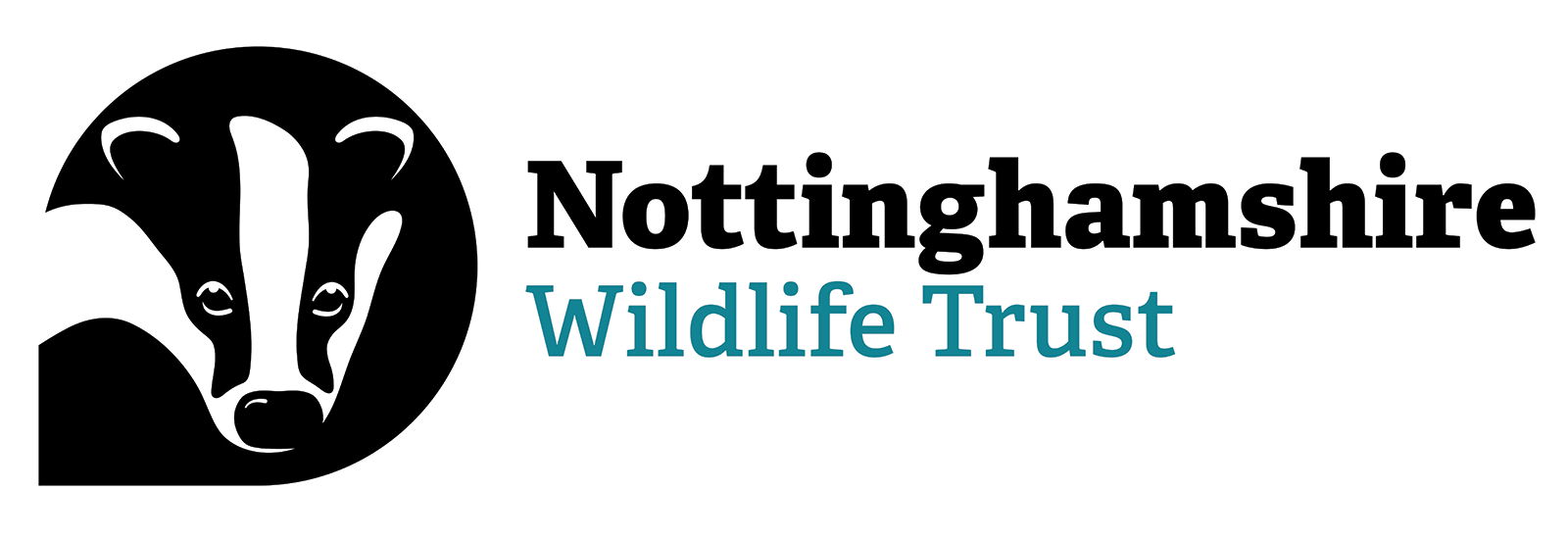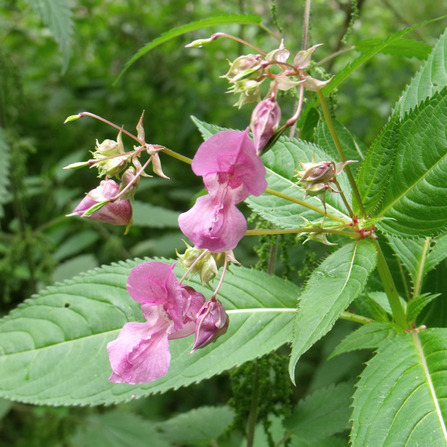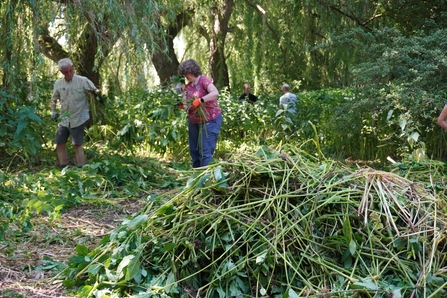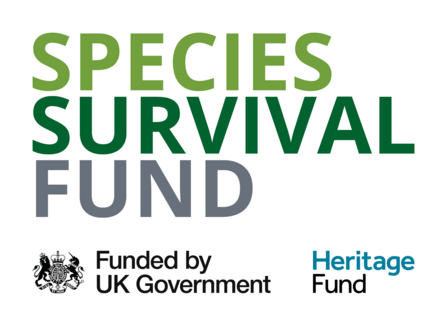Bashing is not usually a word with positive connotations, but when it comes to Himalayan balsam, a non-native invasive plant, bashing is just what’s needed. The Species Survival Fund project, Thriving in a Wilder Trent has engaged communities to get together to help keep this invasive plant at bay this season – with balsam bashing sessions at a range of sites.
The Thriving in a Wilder Trent project is funded by the Species Survival Fund via the UK Government and Heritage Fund, plus match funded by Severn Trent and delivered through partners Nottinghamshire Wildlife Trust, Derbyshire Wildlife Trust, RSPB, Gedling Conservation Trust, Nottingham City Council, Canal and River Trust, and Trent Rivers Trust. It aims to benefit numerous species associated with wetland habitats in the area.



